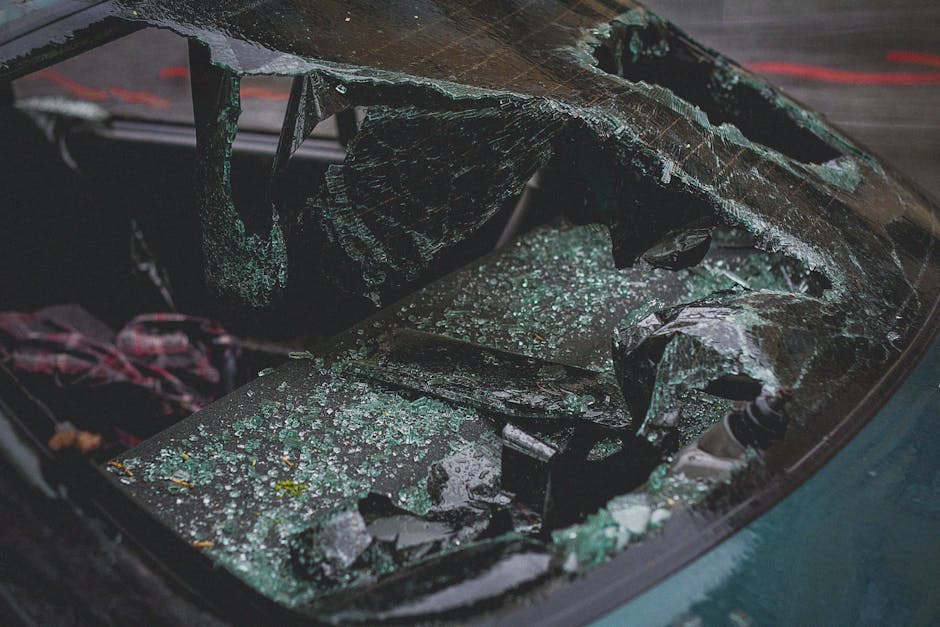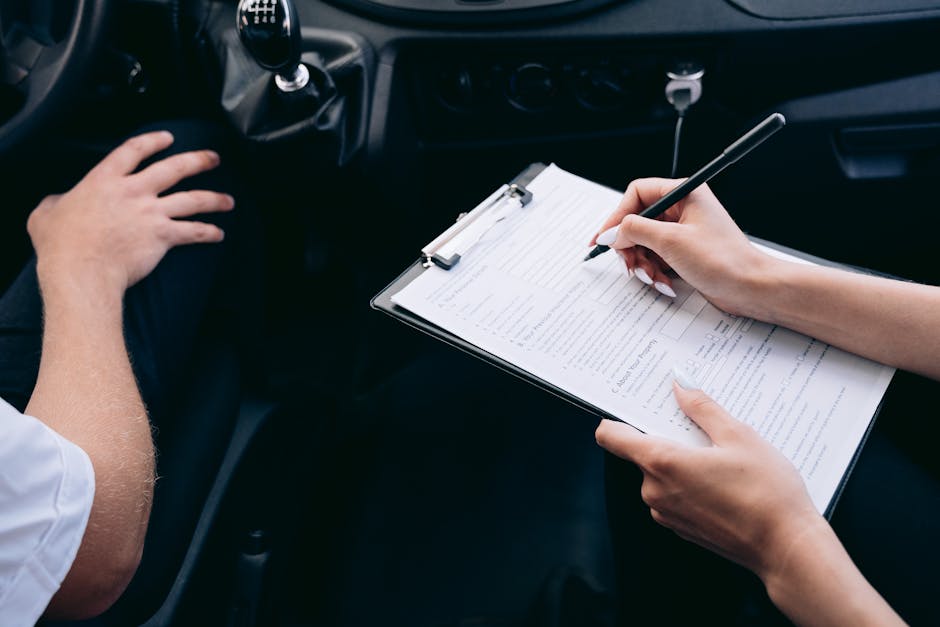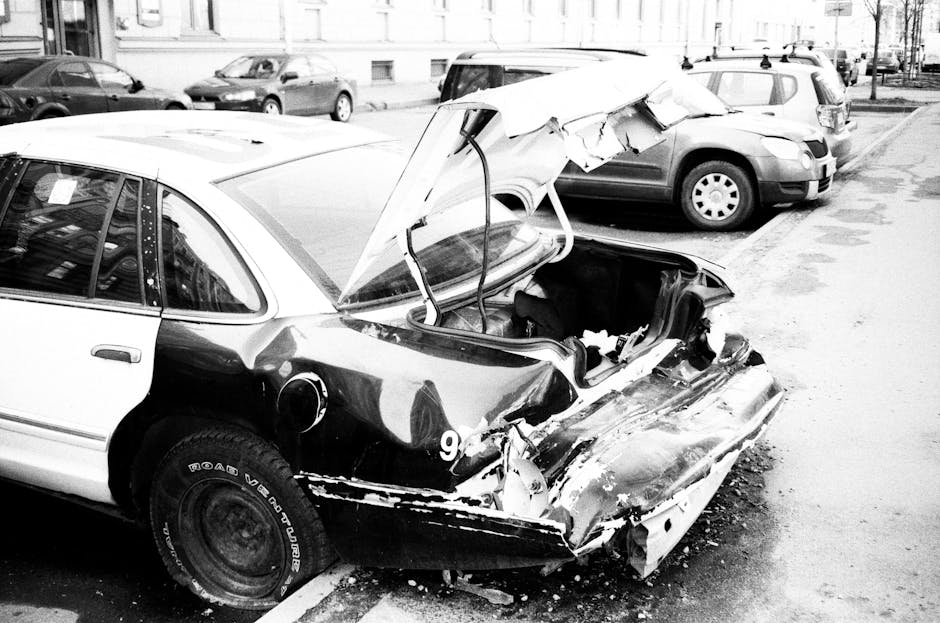Understanding the Value of Your Car for Insurance
When it comes to insuring your vehicle, one of the most crucial aspects that determine your coverage and premiums is the value of your car. Assessing the value of your car accurately is essential to ensure you have the right amount of coverage and to avoid overpaying for insurance. But how exactly do you determine the value of your car for insurance purposes? In this comprehensive guide, we will delve deep into the intricacies of assessing the value of your car for insurance, exploring various factors that come into play, and providing you with the knowledge you need to make informed decisions.
The Importance of Assessing Your Car’s Value

Before we dive into the nitty-gritty of assessing your car’s value for insurance, let’s first understand why this process is so important. The value of your car plays a significant role in determining the cost of your insurance premiums. Insurers use the value of your vehicle to calculate how much they would have to pay out in the event of a total loss, such as theft or a severe accident. If you overestimate the value of your car, you may end up paying higher premiums than necessary. On the other hand, if you underestimate the value of your car, you may not receive adequate compensation in case of a claim.
Assessing the value of your car accurately ensures that you have the right amount of coverage to protect your investment without paying more than you need to. It also helps you make informed decisions about optional coverages, deductibles, and other policy features that can affect your premiums and coverage.
Factors That Influence Your Car’s Value

Several factors come into play when assessing the value of your car for insurance purposes. Here are some of the key factors that can influence the value of your vehicle:
1. Age and Mileage

The age and mileage of your car are crucial factors that affect its value. Newer cars generally have higher values than older ones, as they have less wear and tear and are less likely to have mechanical issues. Similarly, cars with lower mileage are typically valued higher than those with high mileage, as they are considered to be in better condition.
When assessing the value of your car for insurance, make sure to provide accurate information about its age and mileage to get an appropriate coverage amount.
2. Condition and Maintenance

The overall condition of your car, including its maintenance history, can also impact its value. A well-maintained vehicle with no significant damage or mechanical issues will have a higher value than a car that has been poorly maintained or has been in accidents.
When evaluating your car’s value for insurance, consider factors such as regular maintenance, any repairs or upgrades, and the overall condition of the vehicle to ensure an accurate assessment.
3. Make and Model
The make and model of your car can also influence its value. Some brands and models retain their value better than others, depending on factors such as reliability, popularity, and resale value. Luxury and high-end vehicles generally have higher values than economy cars, due to their higher initial cost and features.
When determining the value of your car for insurance, consider the make and model of your vehicle and how it compares to similar vehicles in the market.
4. Market Value
The market value of your car, or how much similar vehicles are selling for in your area, is a crucial factor in assessing its value for insurance. Insurers often use market value as a benchmark to determine the value of your car in case of a total loss. Factors such as current market trends, demand for specific models, and seasonal variations can impact the market value of your vehicle.
When assessing the value of your car for insurance, research the market value of similar vehicles in your area to get an accurate estimate of your car’s worth.
5. Optional Features
Optional features and upgrades in your car can also affect its value. Features such as leather seats, premium sound systems, navigation systems, and safety enhancements can increase the value of your vehicle. When assessing the value of your car for insurance, make sure to take into account any optional features that can impact its overall worth.
6. Depreciation
Depreciation is a significant factor that affects the value of your car over time. Cars lose value as they age due to factors such as wear and tear, mileage, and market trends. Understanding the depreciation rate of your car can help you estimate its current value accurately and determine the appropriate coverage amount for insurance.
When assessing the value of your car for insurance, consider the depreciation rate of your vehicle and how it affects its overall worth.
7. Modifications
If you have made any modifications to your car, such as installing aftermarket parts or customizing the exterior, these changes can impact its value. Insurers may consider the cost of modifications when assessing the value of your car for insurance, so make sure to provide accurate information about any alterations you have made to your vehicle.
When evaluating the value of your car for insurance, consider any modifications you have made and how they affect its overall worth.
Expert Opinions
According to insurance experts, assessing the value of your car accurately is crucial to ensure you have the right amount of coverage and to avoid overpaying for insurance. By considering factors such as age, mileage, condition, make and model, market value, optional features, depreciation, and modifications, you can determine the value of your car effectively and make informed decisions about your insurance coverage.
Common Misconceptions
One common misconception about assessing the value of your car for insurance is that you should always overestimate its worth to ensure adequate coverage. However, overestimating the value of your car can lead to higher premiums and unnecessary costs. It is essential to provide accurate information about your vehicle to get the right amount of coverage without overpaying for insurance.
Conclusion
Assessing the value of your car for insurance is a crucial step in ensuring you have the right amount of coverage to protect your investment. By considering factors such as age, mileage, condition, make and model, market value, optional features, depreciation, and modifications, you can determine the value of your car accurately and make informed decisions about your insurance coverage. Remember to provide accurate information about your vehicle to avoid overpaying for insurance and to ensure you have adequate protection in case of a claim.
Whether your car is a brand-new luxury vehicle or a well-loved family car, assessing its value correctly can help you navigate the complex world of insurance with confidence and peace of mind.




